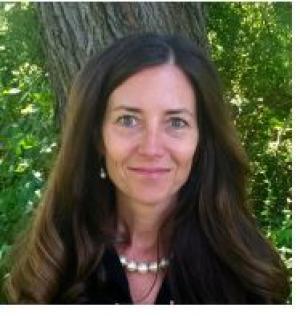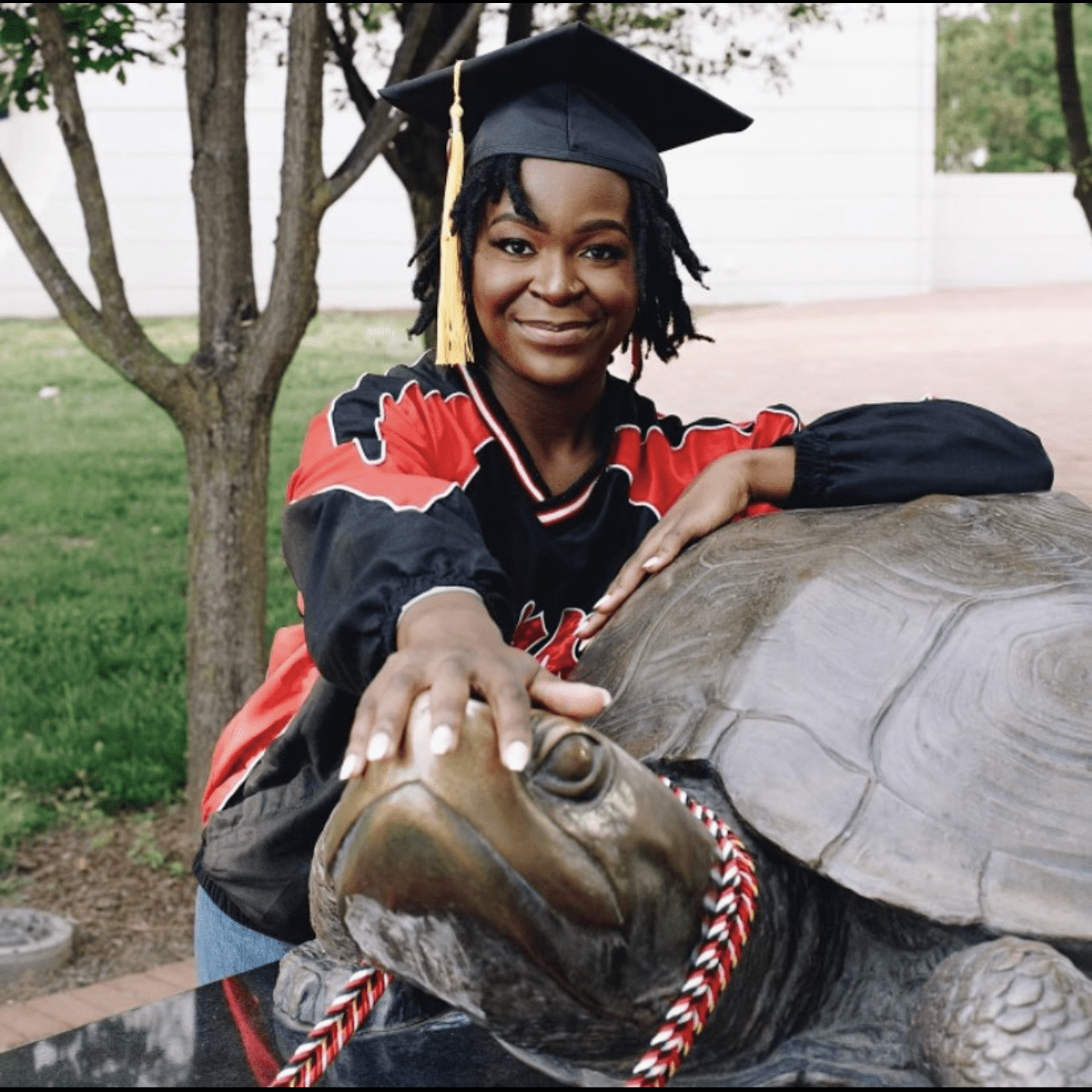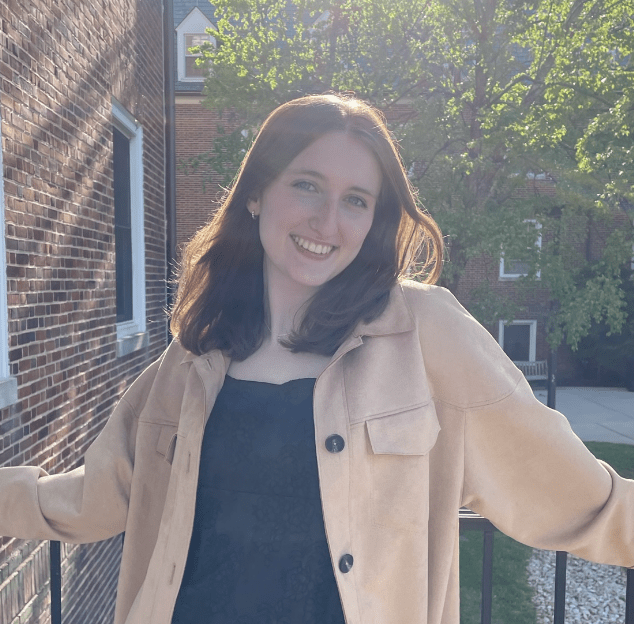Civic Engagement for Social Good
Inspiring community collaboration and meaningful change
Introduction
The world critically needs changemakers committed to understanding social issues and collaborating alongside their communities to foster meaningful change. In Civic Engagement for Social Good (CESG), previously known as CIVICUS, students work with organizations addressing a range of societal challenges, including poverty, food insecurity, housing insecurity, child welfare, education, political activism, animal rights, and the environment. Students explore:
- Issues impacting local communities
- Organizations that are addressing pressing social issues
- Ways to engage in hands-on work in civic engagement
- Strategies for deliberative dialogue in a multicultural world
- Methods to leverage their strengths to make sustainable change
CESG coursework and community engagement activities operate in tandem, creating a synergy that enhances the overall student experience. Coursework provides an opportunity for students to explore the root causes of social needs and strategies for addressing social concerns that they see during their work in the community, while service projects and co-curricular activities create an environment for students to implement what they learn in the classroom.
As an interdisciplinary program, CESG students represent a wide range of academic interests and majors. Civic Engagement for Social Good encourages students to ground their work in their passions, academic majors, and professional interests.
Through their shared passion for social good and engagement in co-curricular activities, CESG students form a close cohort who develop strong friendships and support each other throughout their time at UMD.
Colloquium and Lecture Topics
- The complexities and the structures that cause social issues
- Concepts related to the theories and practices of civic engagement
- Models for working towards positive social change
- Ways to engage in difficult conversations with empathy around differences of perspective, beliefs, and identities
[This program] has made me a kinder, more compassionate, more informed person. [It] gave me the opportunity to get my hands dirty, to engage in the community in ways I never thought I could. [It] has taught me that it takes a village but also that I can make tremendous change myself..providing me with more opportunities for learning and character-building than I would've gotten in any other program or club.
Other Learning Opportunities
Students are actively engaged in UMD, College Park and surrounding areas, and Washington, DC annually completing over 1,000 hours of volunteer work. Students can choose from over 100 projects per year with a wide array of partner organizations.
Students:
- Participate in civic engagement projects. Recently, students have acted as mentors for local elementary students, planted trees to increase the canopy in Washington, DC, served meals from a mobile soup kitchen, handled dogs at a humane rescue adoption event, canvassed on behalf of political candidates, and captioned videos to ensure accessibility for a wider community.
- Take trips to Washington DC and the surrounding area where they participate in scavenger hunts, visit memorials, monuments, and museums, and attend baseball games, cultural heritage events, and the performing arts.
- Meet guest speakers, including politicians, staff members from local non-profit organizations, and local community leaders and activists
- Participate in community-building activities, such as challenge courses, trivia nights, bingo, BBQs, and study breaks
CESG staff provide the planning, logistical support, and transportation for most activities. All second-year students also participate in a capstone experience for academic credit. The capstone can include an internship, extensive work with a non-profit, or affiliated experiential learning courses. Students in the past have held internships in local and national politics, non-profits, high-profile media outlets, medical facilities, research labs, mentoring organizations, and peer dialogue training. The capstone gives students authentic experiences and skills that help support their academic work, career goals, and future community engagement efforts.
Curriculum Overview
Over the two-year program (four semesters), students complete 12-credit hours that count toward their CESG Scholars citation. The following table represents a typical two-year curriculum. Details about courses and requirements can be found on the CESG Citation Checklist
| SEMESTER | COURSE | CREDITS |
|---|---|---|
| Semester 1 | CPCV 100: Colloquium I | 1 credit |
| CPCV 225: Intro to Civic Engagement for Social Good | 3 credits | |
| Semester 2 | CPCV 101: Colloquium II | 1 credit |
| Semester 3 | CHSE 328C: Intergroup Dialogue (DVCC) | 1 credit |
| Semester 4 | CPCV 230: Internship; or CPCV 240: Service-Learning; or CPCV 250: Research; or |
3 credits 3 credits 3 credits |
| Semester 1, 2, 3, or 4 | Supporting Course (var. Gen Ed) | 3 credits |
Sponsoring College
Office Address
1103 Centerville Hall
Office Email
Faculty


Deborah Omotoso

News and Notes, Etc.
Civic Engagement for Social Good News
Sounds of a New Start
The following article originally appeared in Maryland Today: The rumble of yellow move-in carts, the cheers from the stands at Maryland Stadium and the fanfare of the marching band rehearsing its pregame show supplied an upbeat soundtrack of Fall Welcome Weekend at the University of Maryland. In cars and SUVs stuffed with their still-in-the-wrapper gear, over 4,700 freshmen—and thousands of other students—and their families arrived on campus over the past few days to begin the academic year and get to know the campus, and each other.
Smith School Professor with Expertise in Scenario Planning to Lead Business, Society and the Economy Scholars Program
Dr. Oliver Schlake, a clinical professor at the University of Maryland Robert H. Smith School of Business, will be the new director of Business, Society and the Economy Scholars, effective July 1, 2022. Dr. Oliver Schlake, a longtime clinical professor and senior executive teaching fellow at the University of Maryland Robert H.
SDU Director, Who Emphasized Interdisciplinary Thinking, Departing UMD
Dr. Alan Peel, who has been a director of Science, Discovery and the Universe (SDU) Scholars program since 2007, is stepping down from his position. He is pictured here at a Scholars Convocation as his colleagues enjoy an SDU student call and response. Dr.
6 Scholars Alums Selected to Serve as Spring Commencement Senior Marshals
The University of Maryland has announced its senior marshals for Spring Commencement, slated for Friday, May 20. Six College Park Scholars alumni number among the 60 graduating seniors serving as marshals:
4 Graduating Scholars Alums Recognized With Prestigious University Awards
Four Scholars alumni are among the handful of graduating seniors recognized this month with some of the University of Maryland’s most prestigious awards. Gabriela Winter, an alum of the Public Leadership Scholars program, received the Wilson H. Elkins Citizenship Awards, presented each year to one of the top students in the graduating class who has displayed outstanding involvement and leadership in campus activities.
GPH Director Receives Award for Excellence in Undergraduate Teaching
Dr. Lis Maring (middle), director of the Global Public Health Scholars program, poses with Dean William Cohen, associate provost and dean for Undergraduate Studies, and Samantha Miller, one of the students who nominated her for the Donna B. Hamilton Teaching Award for Excellence in Undergraduate Studies. PHOTO: Thai Nguyen Dr.


